How to Leverage Local Events for Thriving Community Engagement

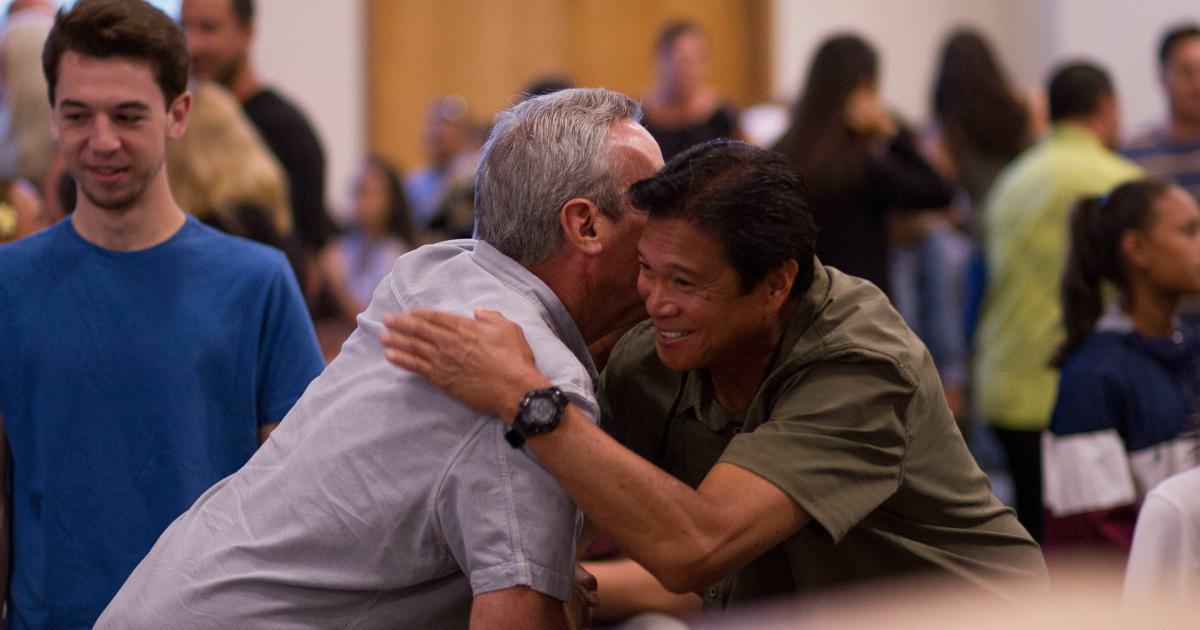
Introduction: The Power of Local Events in Community Building
Local events have the power to bring people together, foster a sense of community, and drive meaningful engagement. Whether it's a neighborhood block party, a community festival, or a small-scale workshop, these gatherings can serve as vital platforms for connecting individuals, sharing ideas, and cultivating a vibrant, thriving local ecosystem. In this comprehensive guide, we'll explore the strategic ways in which you can leverage local events to amplify community engagement and build a stronger, more connected neighborhood.
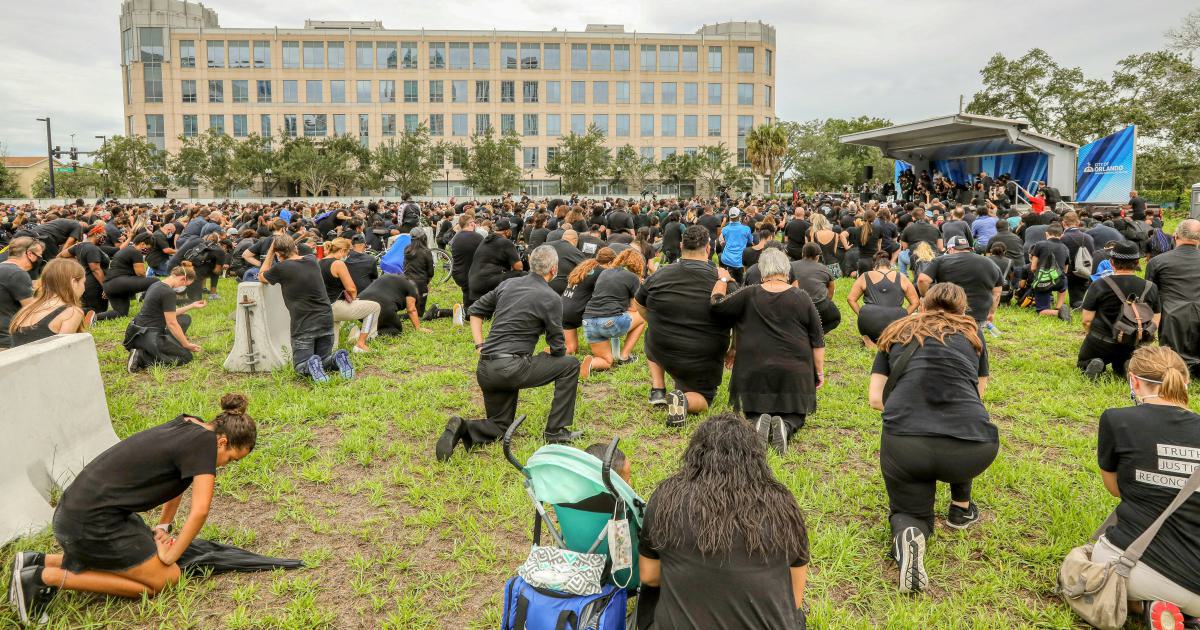
Understanding the Benefits of Local Events
Local events serve as catalysts for community engagement, offering numerous benefits that can have a lasting impact on your neighborhood. By actively participating in and organizing these events, you can:
Strengthen Social Connections: Local events provide opportunities for neighbors to interact, network, and forge meaningful relationships. This can lead to increased feelings of belonging, trust, and support within the community.
Foster a Sense of Belonging: When people come together for local events, they develop a stronger sense of shared identity and ownership over their community. This can cultivate a sense of pride and investment in the local area.
Promote Cultural Diversity and Understanding: Local events often celebrate the unique cultural backgrounds and traditions of the community, promoting cross-cultural exchange and appreciation.
Support Local Businesses and the Economy: Many local events feature local vendors, artisans, and small businesses, driving foot traffic and boosting the local economy.
Enhance Quality of Life: By creating opportunities for recreation, learning, and community engagement, local events can contribute to the overall well-being and quality of life for residents.
Identifying and Leveraging Existing Local Events
Before you start planning your own local events, it's essential to research and identify the existing events in your community. This can help you understand the local landscape, identify opportunities for collaboration, and avoid scheduling conflicts.
Researching Existing Local Events
Begin by exploring your local government's website, community calendars, and social media pages to uncover information about upcoming events. Reach out to local organizations, such as community centers, libraries, and neighborhood associations, to inquire about their event schedules.
Identifying Opportunities for Involvement
Once you've gathered information about the existing local events, consider the following ways to get involved and leverage them for community engagement:
Volunteer or Sponsor: Offer to volunteer your time or resources to support the organization and execution of the event. This can help build relationships with the event organizers and increase your visibility within the community.
Collaborate with Organizers: Reach out to the event organizers and discuss opportunities for partnership, such as co-hosting an activity, leading a workshop, or providing promotional support.
Participate and Engage: Attend the local events and actively engage with other attendees. This can help you build connections, gather insights, and identify areas where your involvement could add value.
Promote and Spread the Word: Utilize your networks and communication channels to spread the word about the local events, encouraging greater participation and community involvement.
By proactively engaging with existing local events, you can establish your presence, build relationships, and lay the groundwork for future collaboration and community-driven initiatives.
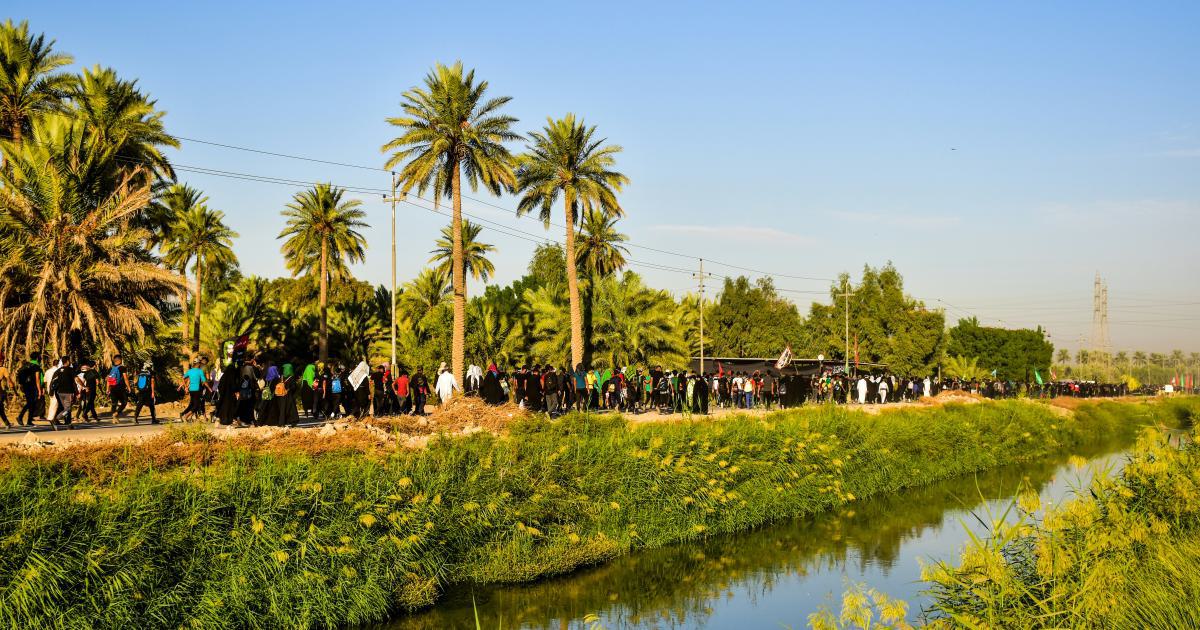
Organizing Successful Local Events
While leveraging existing local events is valuable, you may also choose to organize your own events to address specific community needs or interests. Effective event planning and execution can be a powerful tool for fostering community engagement.
Defining Your Event Goals and Objectives
Before you start planning your local event, it's crucial to define your goals and objectives. Consider the following questions:
What is the primary purpose of the event?
What specific needs or interests in the community are you aiming to address?
What outcomes do you hope to achieve (e.g., increased community participation, awareness of local resources, strengthened partnerships)?
By clearly articulating your goals and objectives, you can ensure that your event aligns with the community's needs and maximizes the impact of your efforts.
Identifying and Engaging Your Target Audience
Accurately identifying and understanding your target audience is essential for creating an event that resonates with the community. Consider factors such as:
Demographic information (age, income, interests, etc.)
Geographic location (neighborhood, district, city, etc.)
Existing community involvement and engagement levels
Engage with your target audience early in the planning process by conducting surveys, focus groups, or informal conversations to gather insights and incorporate their feedback.
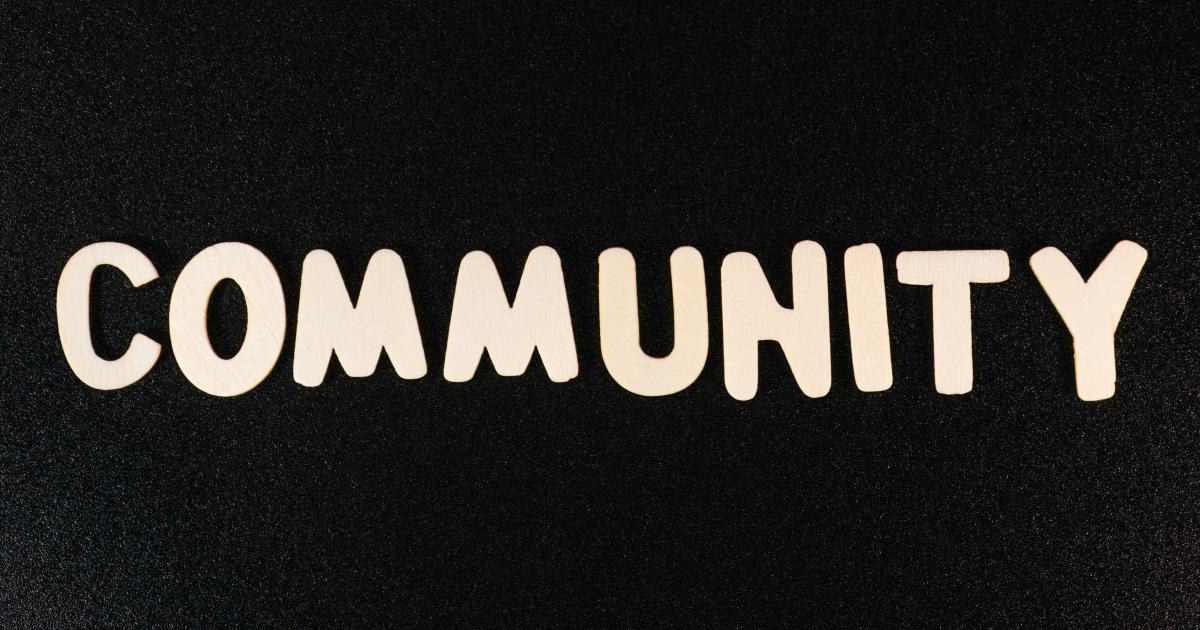
Selecting the Appropriate Event Format
Local events can take many forms, each with its own unique advantages and considerations. Some common event formats include:
Festivals and Fairs: Larger-scale events that celebrate the community's culture, history, or specific interests.
Workshops and Classes: Educational or skill-building events that address community needs or interests.
Neighborhood Gatherings: Smaller-scale events, such as block parties or potlucks, that foster connections within a specific geographic area.
Volunteer and Service-Based Events: Events that bring the community together to support local causes or initiatives.
Choose the event format that aligns best with your goals, target audience, and the resources available to you.
Securing Venues and Logistics
Selecting the right venue and managing the logistical details are crucial for the success of your local event. Consider factors such as:
Venue Capacity and Layout: Ensure the space can accommodate your expected attendance and supports your event activities.
Accessibility and Parking: Ensure the venue is easily accessible and has sufficient parking or transportation options.
Permits and Approvals: Obtain any necessary permits, licenses, or approvals from local authorities.
Event Equipment and Supplies: Arrange for tables, chairs, sound systems, and other necessary equipment and supplies.
Effective logistical planning can help ensure a smooth and enjoyable experience for both organizers and attendees.
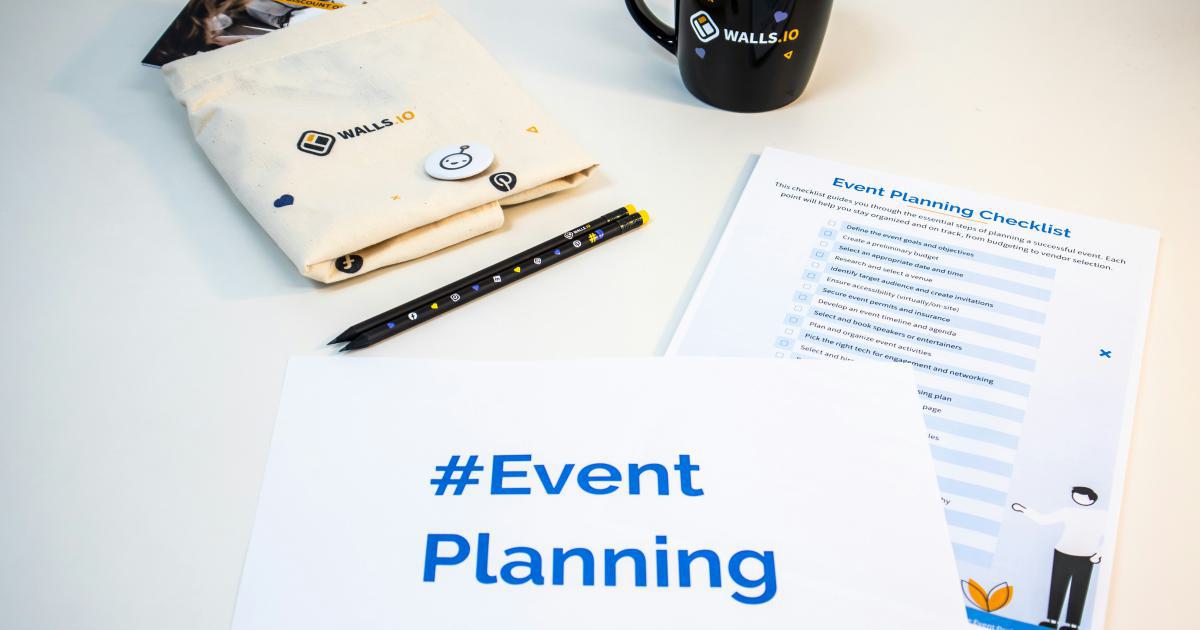
Promoting and Marketing Your Local Event
Effective promotion and marketing are essential for generating awareness and driving attendance to your local event. Utilize a combination of the following strategies:
Leverage Social Media: Create event pages and profiles on social media platforms, and encourage attendees to share event information with their networks.
Collaborate with Local Influencers: Partner with local community leaders, bloggers, or social media influencers to amplify your event's reach.
Utilize Offline Promotion: Create flyers, posters, and physical invitations, and distribute them in high-traffic areas and through local businesses and organizations.
Engage Local Media: Reach out to local newspapers, radio stations, and news outlets to secure media coverage and event listings.
Optimize for Search Engines: Ensure your event information is easily discoverable online by optimizing your event listings and website content.
Effective promotion can help you attract a diverse and engaged audience to your local event.

Fostering Meaningful Engagement During the Event
During the event, focus on creating an environment that encourages active participation and meaningful connections among attendees. Some strategies to consider include:
Interactive Activities: Incorporate hands-on activities, workshops, or games that encourage attendees to engage with one another.
Networking Opportunities: Provide dedicated spaces or structured networking sessions to facilitate introductions and conversations.
Feedback and Engagement Mechanisms: Collect real-time feedback and input from attendees, either through surveys, suggestion boxes, or open-ended discussions.
Inclusive and Welcoming Atmosphere: Ensure the event is inclusive, welcoming, and accessible to individuals from diverse backgrounds and abilities.
By prioritizing engagement and creating opportunities for attendees to connect, you can foster a sense of community and strengthen the bonds between participants.

Measuring Success and Iterating for Future Events
Evaluating the success of your local event is crucial for understanding its impact and informing future planning. Consider the following metrics and strategies:
Defining Key Performance Indicators (KPIs)
Align your KPIs with the goals and objectives you set at the beginning of the planning process. Some common KPIs for local events may include:
Attendance and Participation Rates: Track the number of attendees, their demographics, and their level of engagement.
Community Feedback and Satisfaction: Collect feedback through surveys, interviews, or social media interactions to gauge attendee satisfaction and the event's overall impact.
Media Coverage and Social Reach: Monitor the event's visibility and reach through media mentions, social media engagement, and online interactions.
Partnerships and Collaborations: Assess the strength and growth of your relationships with local organizations, businesses, and community leaders.
Regularly tracking and analyzing these KPIs can help you understand the event's success and identify areas for improvement.
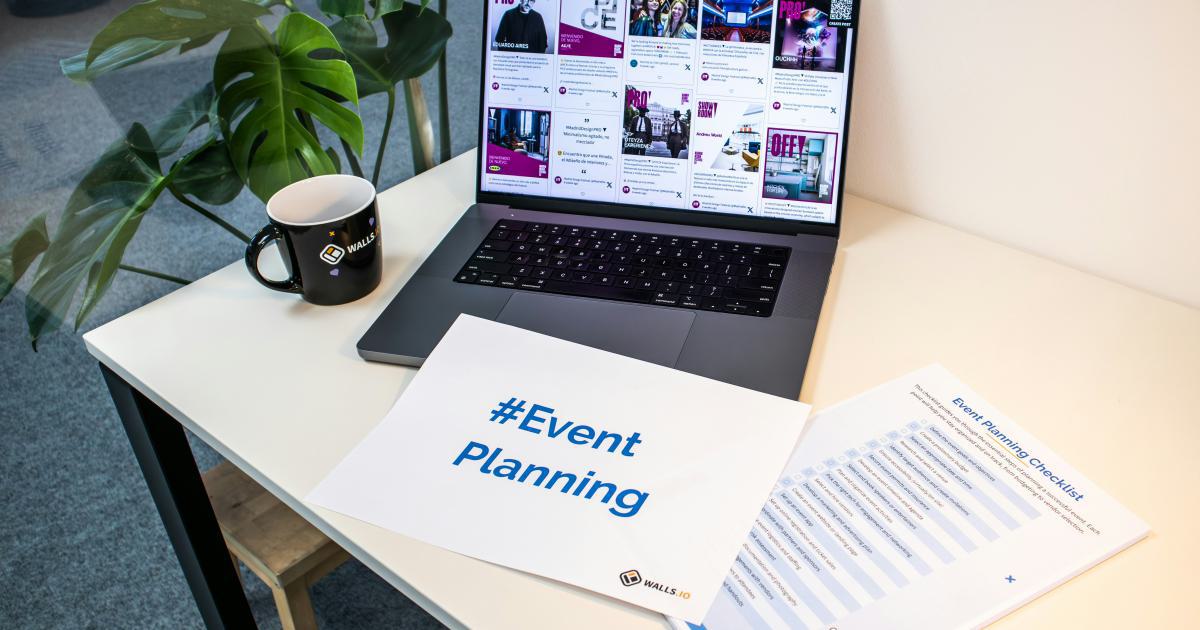
Incorporating Attendee Feedback
Actively seeking and incorporating attendee feedback is crucial for optimizing future events. Collect feedback through various channels, such as:
Post-Event Surveys: Distribute surveys to attendees, either on-site or via email, to gather their insights and suggestions.
Focus Groups: Conduct small-group discussions with a diverse cross-section of attendees to gain deeper, qualitative insights.
Social Media Interactions: Monitor and engage with attendees' comments, shares, and discussions on social media platforms.
Carefully analyze the feedback and use it to inform the planning and execution of future local events.
Iterating and Improving for Sustainable Community Engagement
As you analyze the event's performance and attendee feedback, focus on continuously improving and refining your approach. This may involve:
Adjusting Event Format and Programming: Make changes to the event format, activities, or content based on attendee preferences and needs.
Enhancing Promotion and Marketing: Identify more effective ways to reach and engage your target audience.
Strengthening Partnerships and Collaborations: Explore new partnership opportunities or deepen existing relationships to enhance the event's impact.
Improving Logistical Planning: Streamline the event's logistical details based on lessons learned and attendee feedback.
By continuously learning, adapting, and improving, you can ensure that your local events remain relevant, engaging, and effective in driving community engagement over the long term.

Conclusion: Unleashing the Power of Local Events
Local events have the power to transform communities, fostering connections, promoting cultural exchange, and driving meaningful engagement. By leveraging existing events, organizing your own initiatives, and continuously refining your approach, you can become a catalyst for community-building and create a lasting impact on your neighborhood.
Remember, the key to successful local event-driven community engagement lies in understanding your community's needs, cultivating partnerships, and prioritizing active participation and meaningful connections. With a strategic and thoughtful approach, you can unlock the full potential of local events and contribute to the vitality and well-being of your community.